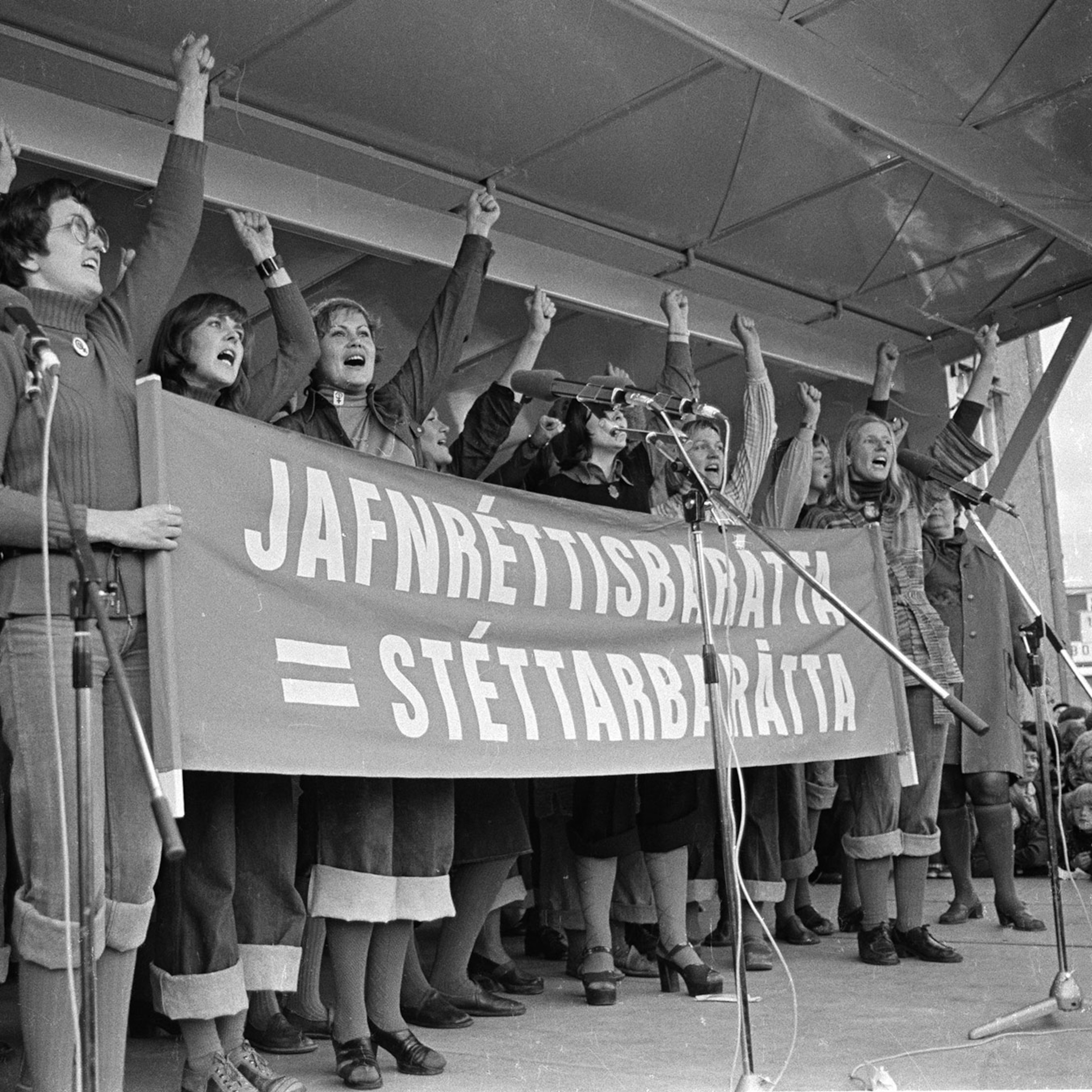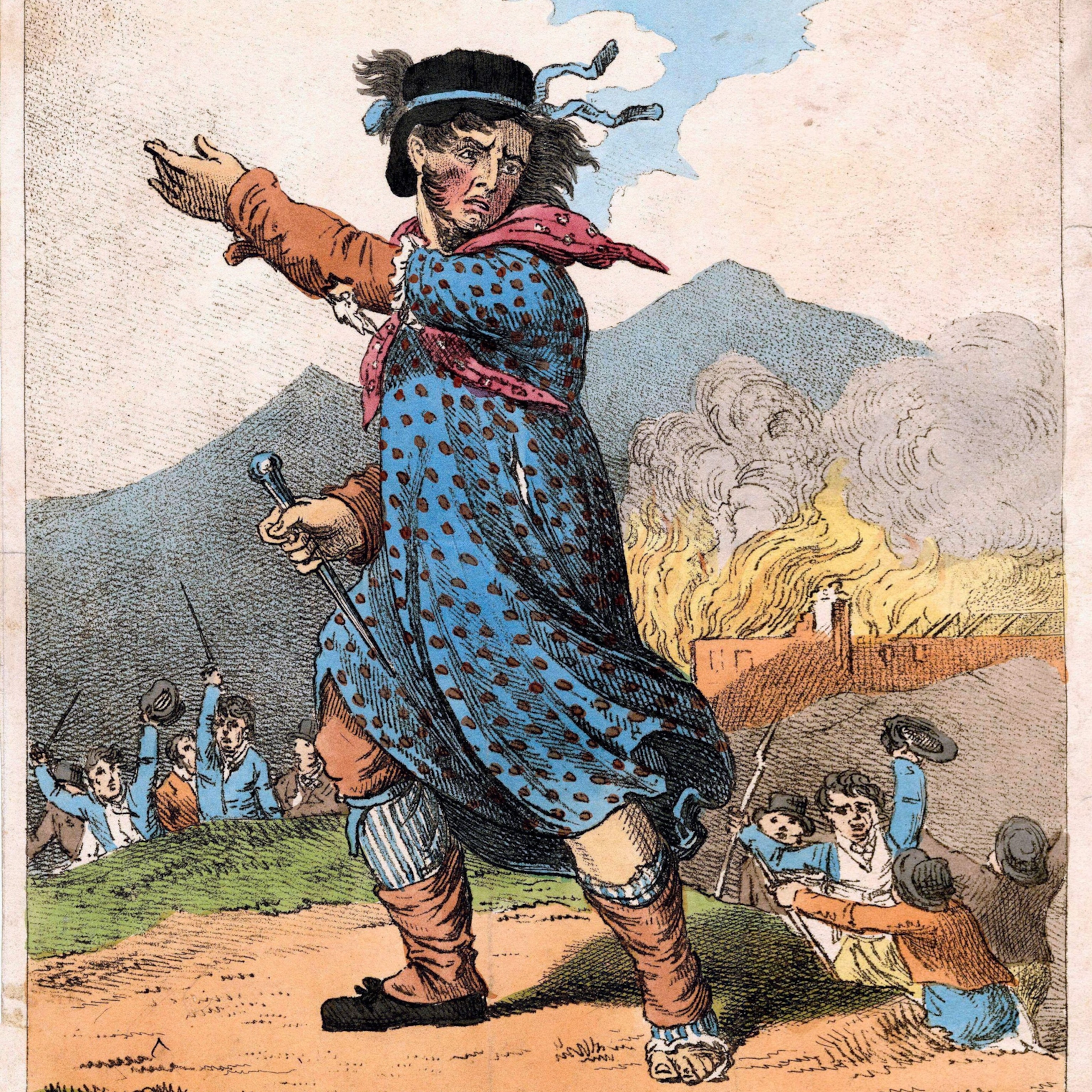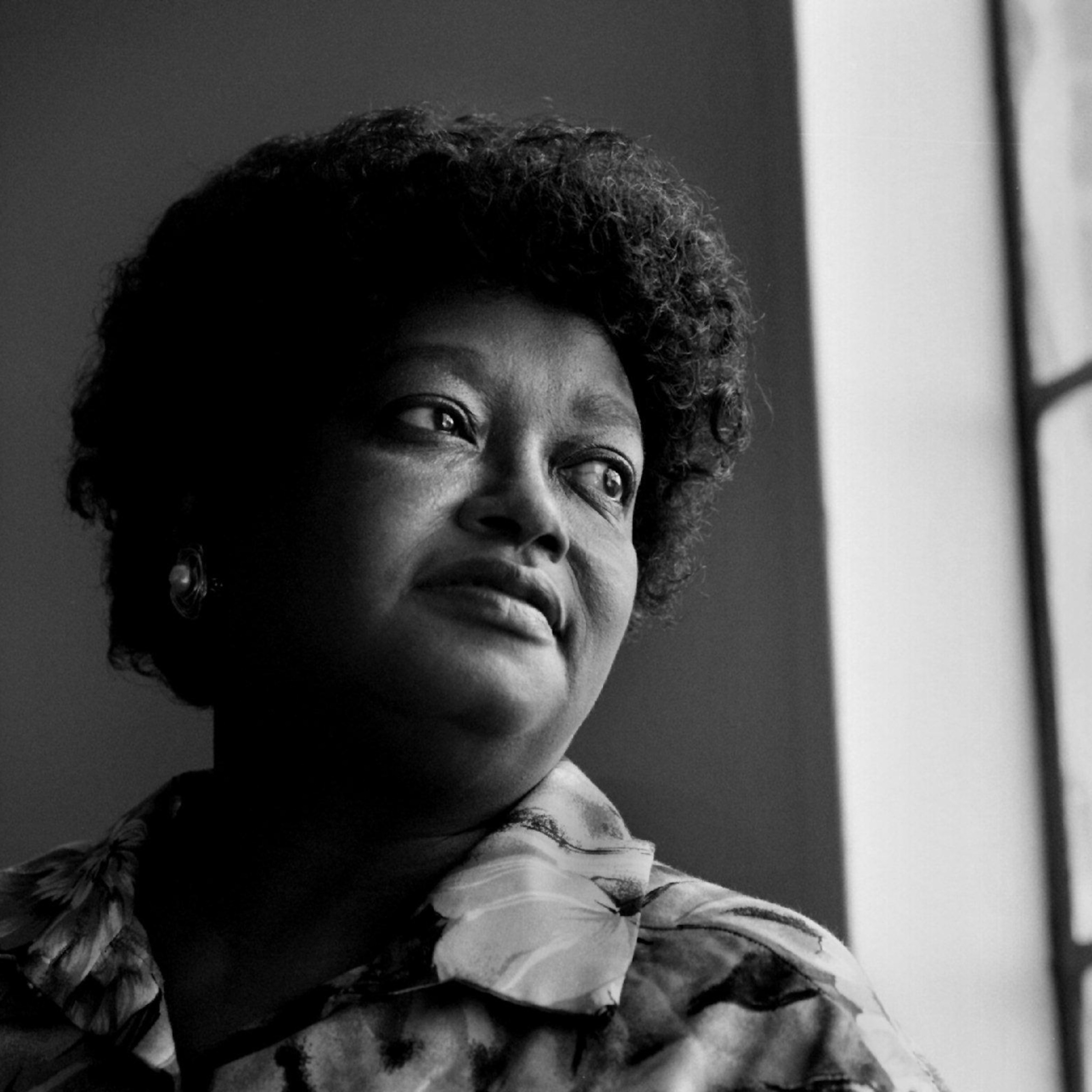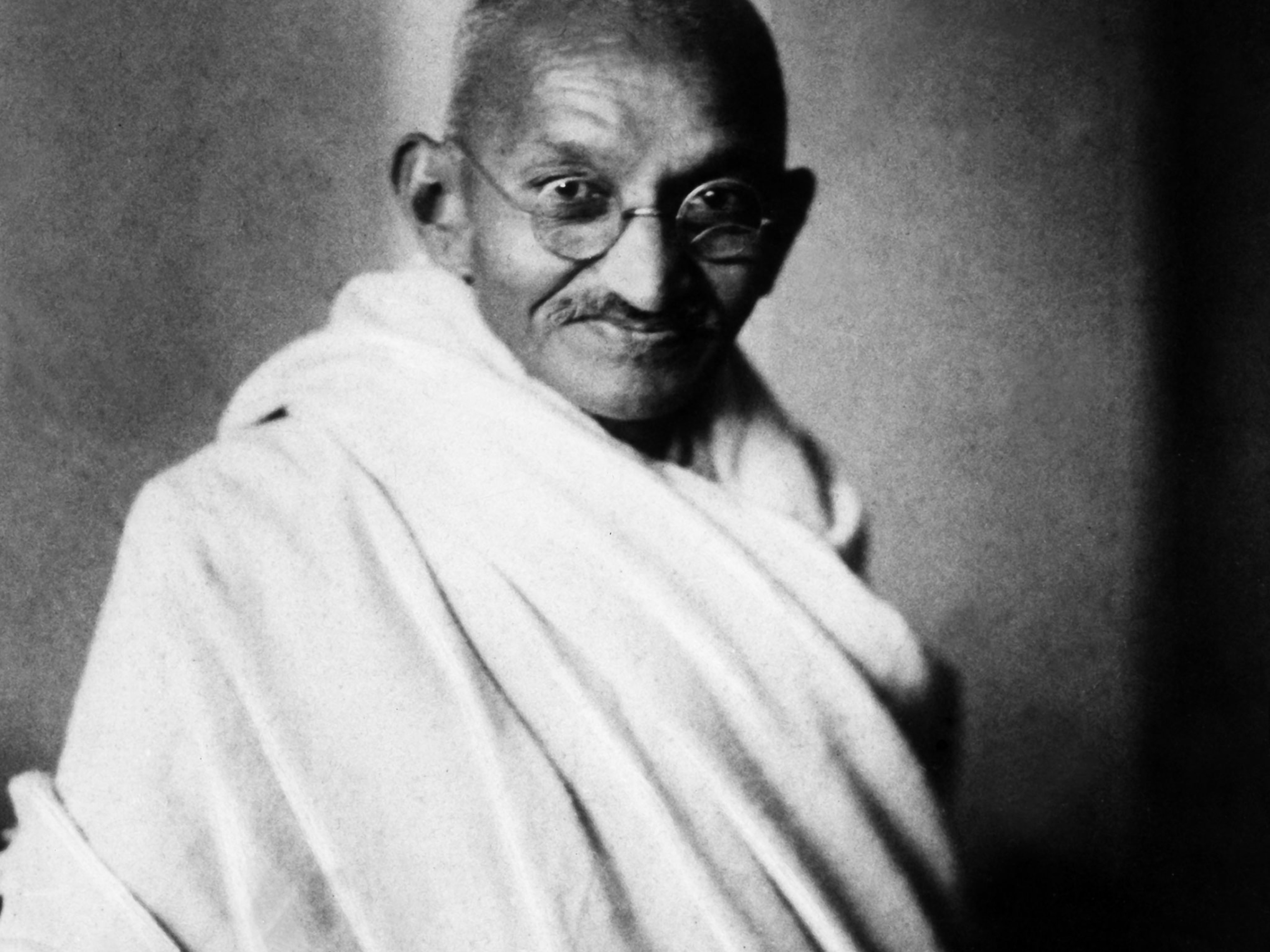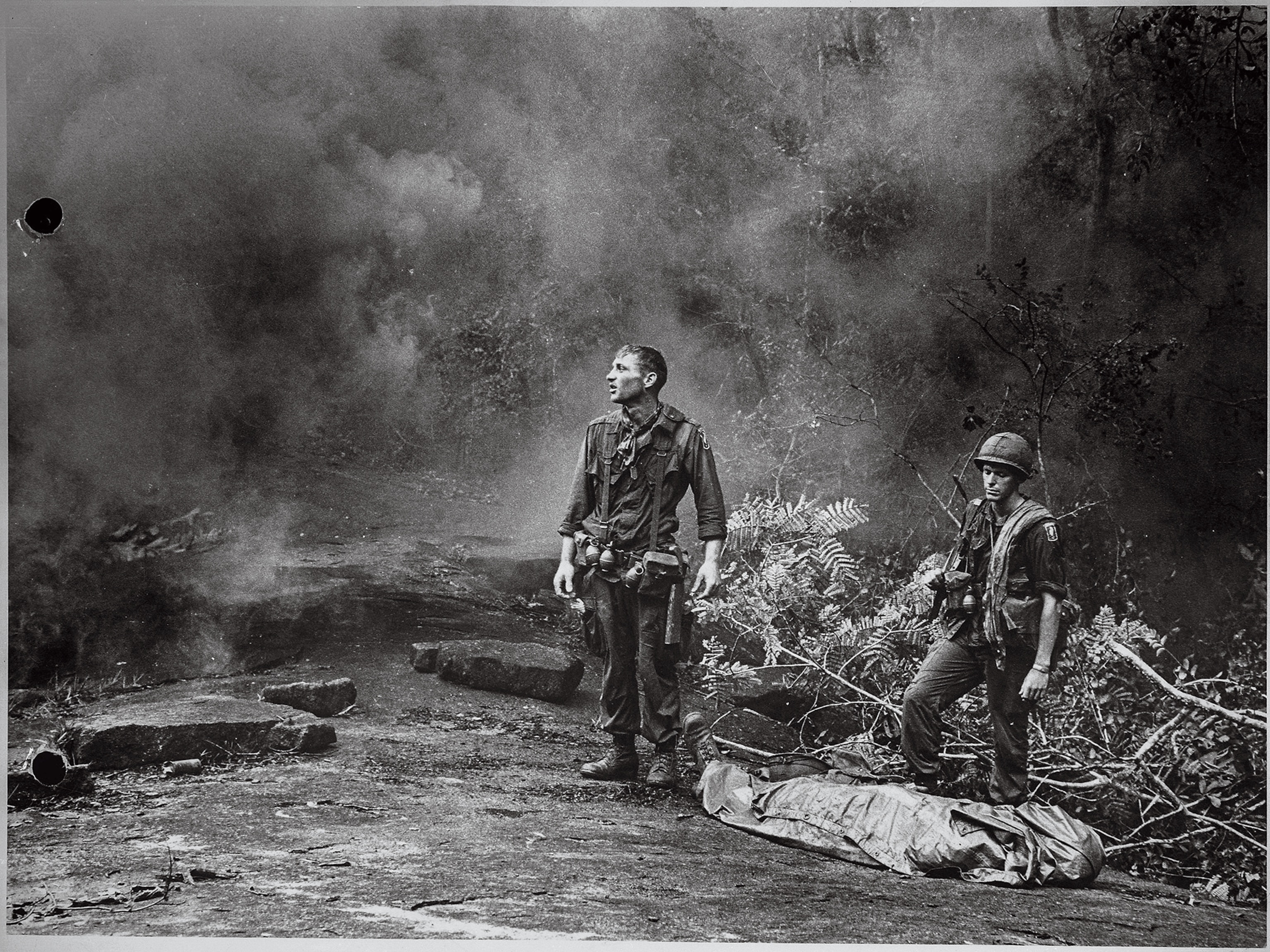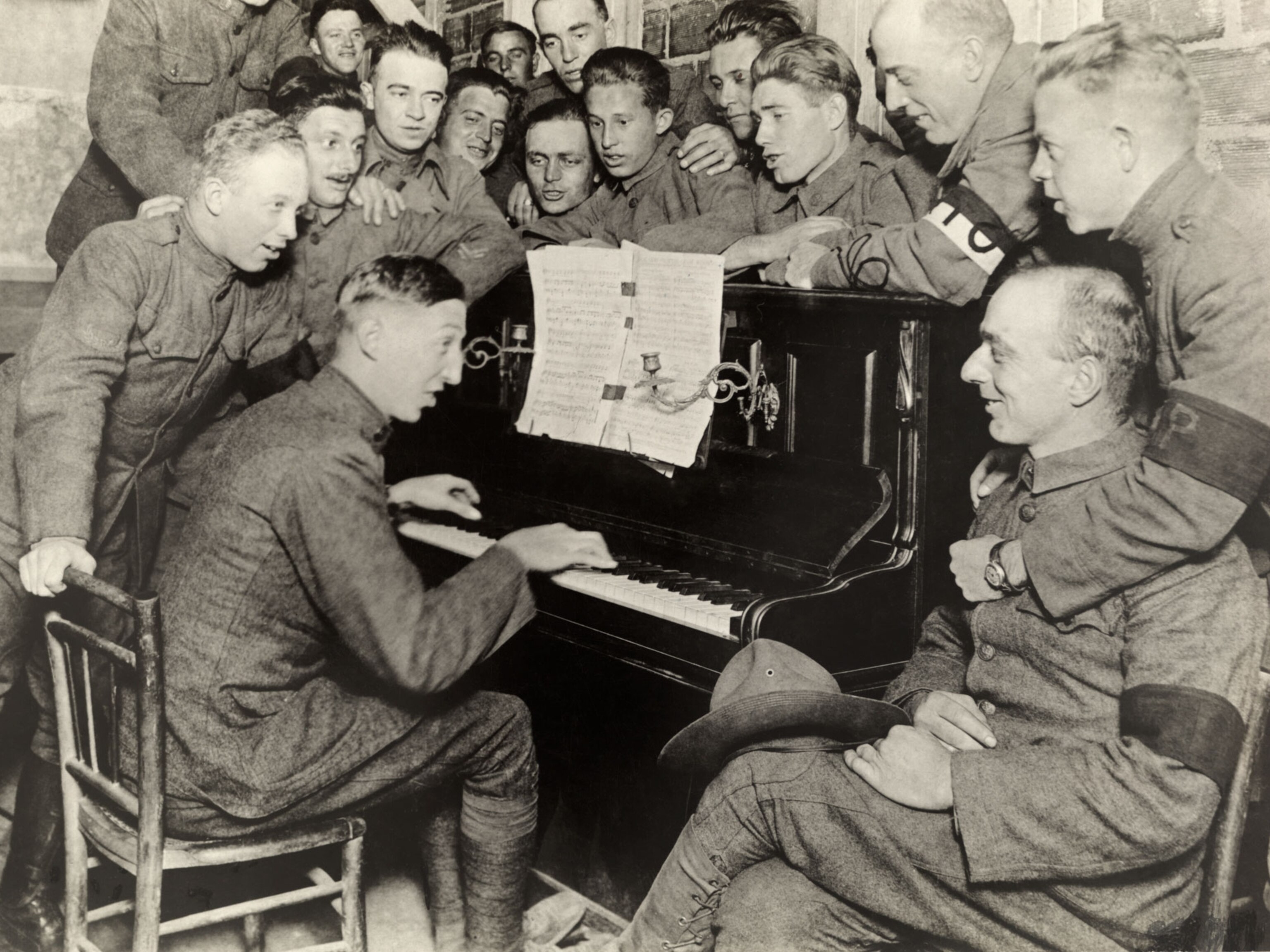
A brief history of Labor Day—and the strike that inspired it
Celebrated each year on the first Monday in September, this holiday was born amid violence and unrest over oppressive working conditions.
For many, Labor Day weekend signals the end of summer and an opportunity to host a barbecue. But this national holiday—celebrated every year in the United States and Canada on the first Monday in September—has revolutionary origins.
Originally commemorated through parades, political speeches, and labor union activities, Labor Day was born amid rising unrest over oppressive working conditions—and a massive strike that threatened to turn violent.
Origins of Labor Day
By the late 19th century, the Industrial Revolution had made working life miserable for people around the world. In many places, workers toiled for at least 12 hours a day six days a week in mines, factories, railroads, and mills. Children were especially exploited as cheap laborers who were less likely to strike. Sweatshops locked workers in small, crowded spaces, and punished them for talking or singing as they worked.
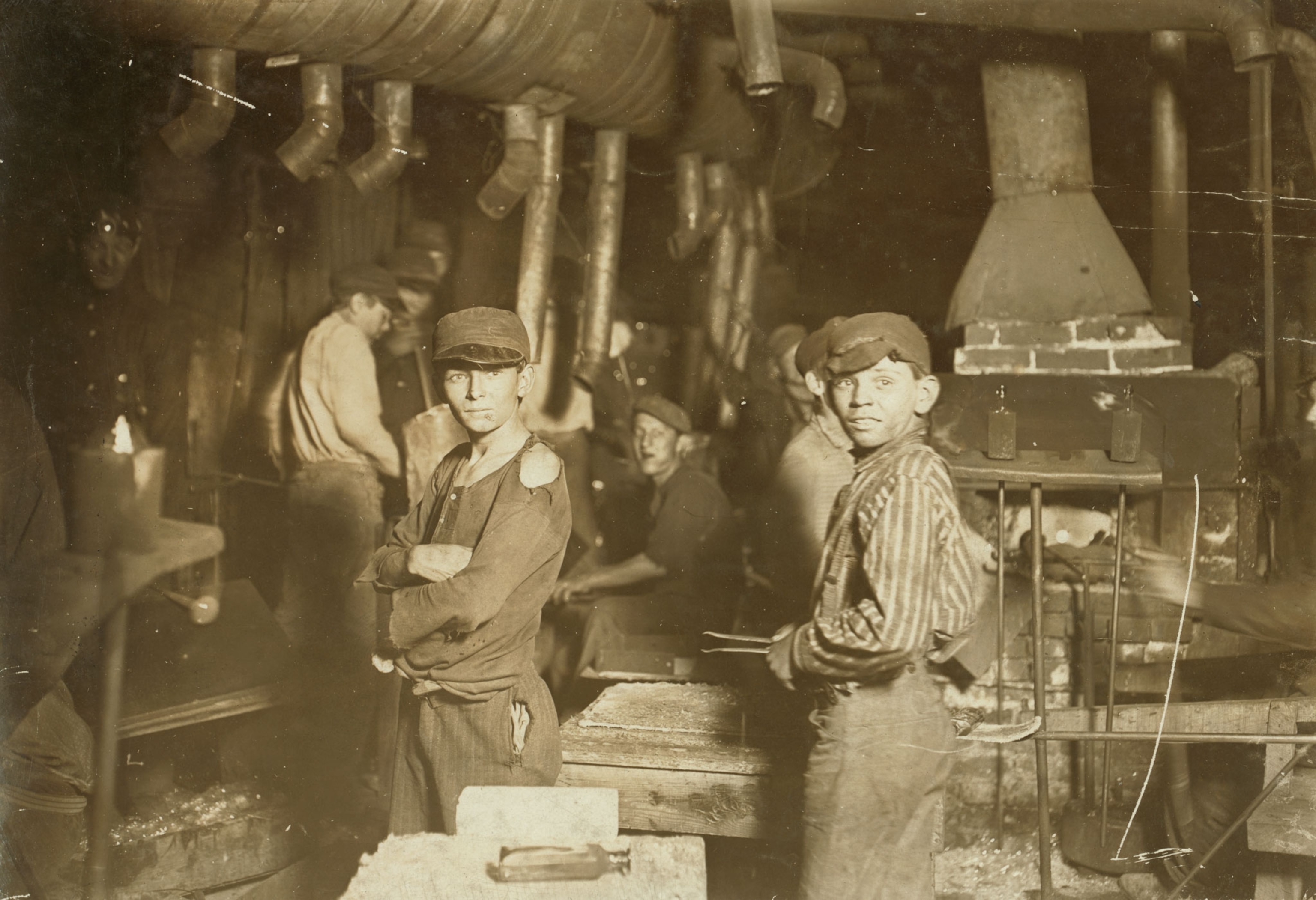
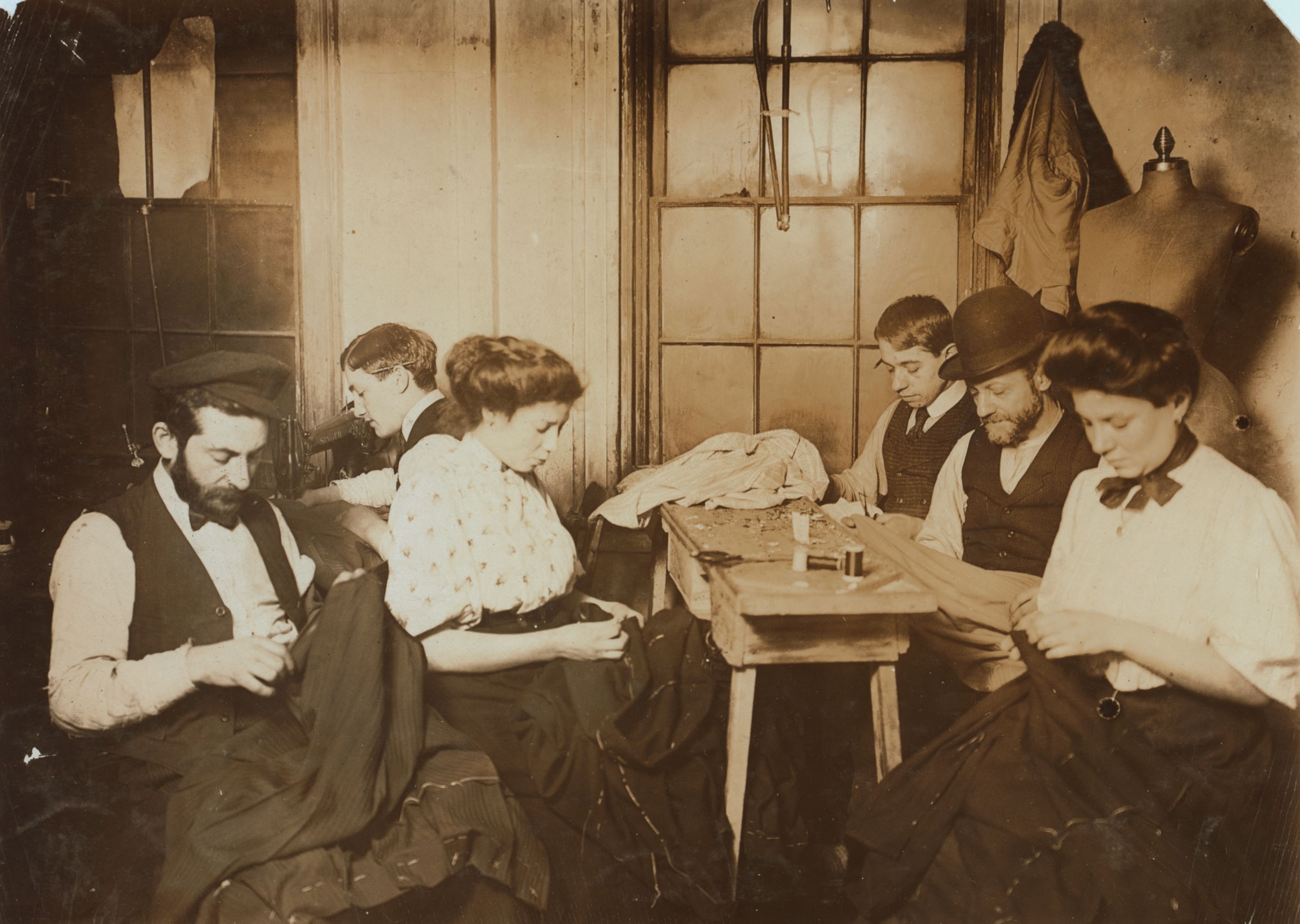
Outrage at these conditions galvanized the burgeoning labor movement, which organized strikes and rallies in the 1860s and 1870s. In addition to shorter workdays and safer conditions, workers fought for recognition of their contributions.
In the wake of a printers strike in April 1872—which saw 10,000 people march through the streets of Toronto to appeal for a shorter work week—Canadian cities began to host annual parades in honor of workers. Ten years later, the U.S. followed suit. On September 5, 1882, New York City union leaders organized what is now considered the nation’s first Labor Day parade. (See National Geographic's archival images of workers around the world.)
Ten thousand workers marched along city streets in an event culminating in a picnic, speeches, fireworks, and dancing. Organizers proclaimed the day “a general holiday for the workingmen of this city.” They continued to host the parade in the years after, and in 1884 the event was fixed on the first Monday in September.
A rival emerges
New York’s Labor Day parade wasn’t an official holiday—participants took unpaid leave—but the movement to declare it one had officially begun. In 1887, Oregon became the first state to designate a Labor Day holiday, followed later that year by Colorado, Massachusetts, New Jersey, and New York. Yet the first Monday in September wasn’t the only option for celebrating workers’ rights. An alternative had emerged in 1886: May Day.
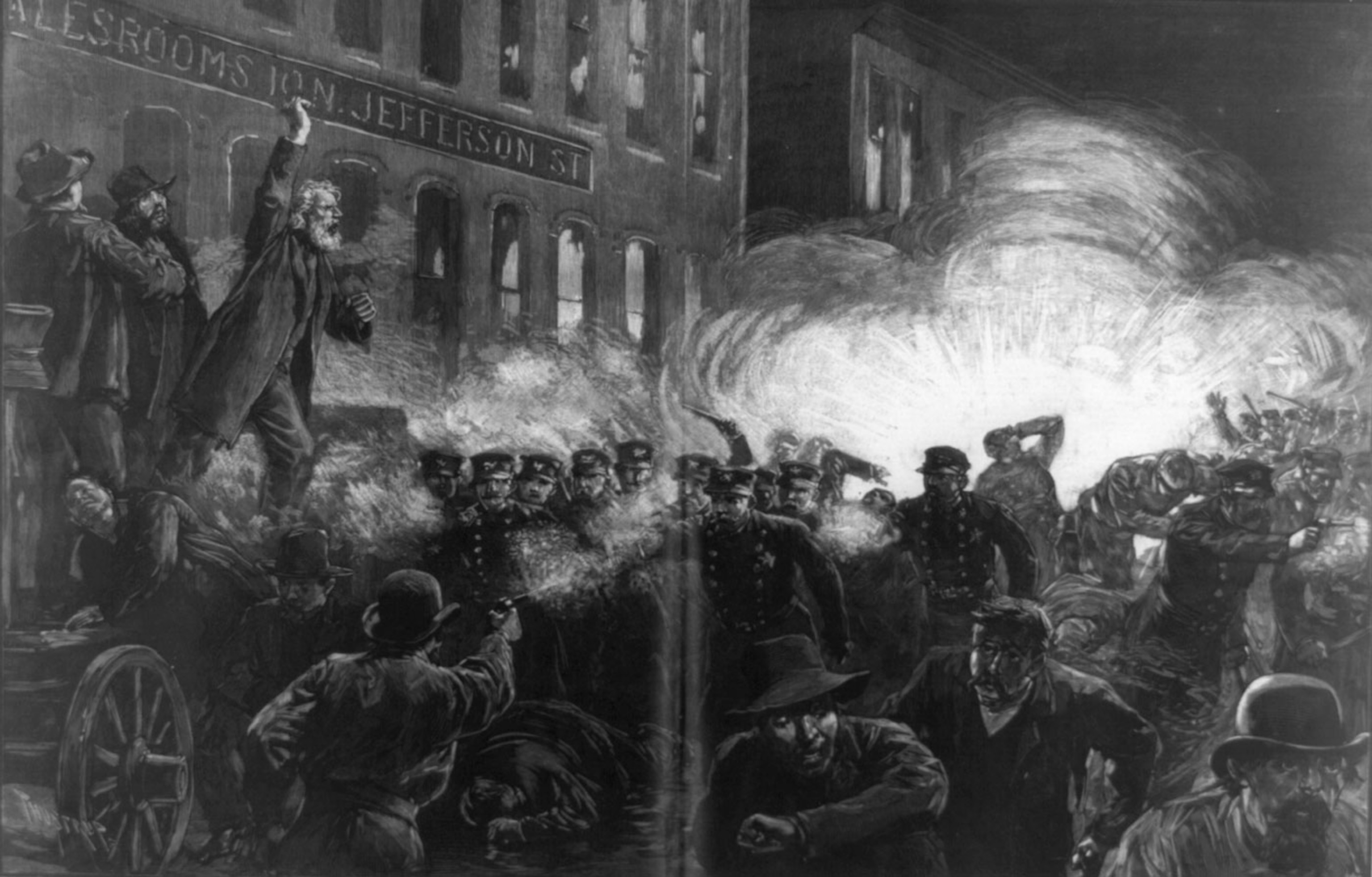
This holiday—now observed in countries across the world, where it is also called International Workers’ Day—actually originated in the U.S. On May 1, 1886, in what came to be known as the Haymarket Riot, workers flooded Chicago streets to demand an eight-hour workday. The demonstrations lasted for days, punctuated by scuffles between workers and police. On May 4, after police ordered a crowd to disperse, a bomb detonated. Seven police officers and up to eight civilians were killed. The perpetrator was never identified.
In 1889, an international gathering of socialists in Paris officially declared May Day a holiday honoring workers’ rights. Although it gained steam internationally—and was backed by some U.S. labor unions—historian Charles Tilly writes that U.S. president Grover Cleveland feared May Day “would become a memorial to the Haymarket radicals.” He pressed state legislatures to select the September date instead. By 1894, about half of U.S. states had adopted Labor Day.
Becoming a national holiday
It would take another clash in the American Midwest to make Labor Day a federal holiday. On May 11, 1894, workers at the Pullman Palace Car Company, a railroad car manufacturer near Chicago, went on strike to protest their low wages and 16-hour workdays. On June 22, members of the powerful American Railway Union (ARU) joined their struggle by refusing to move Pullman’s cars from one train to another, thus crippling rail traffic across the country. (Here's the history of the raised fist, a global symbol of fighting oppression.)
In Washington, D.C., politicians sought to placate the labor movement. At the time, federal legislation to designate Labor Day a public holiday had been languishing in Congress for 10 months after U.S. Senator James Kyle, a Populist from South Dakota, had introduced it in August 1893. To appease the strikers and their supporters, the Senate quickly passed the bill on June 22—the same day the ARU joined the Pullman strike. The bill passed the House four days later and President Cleveland signed it into law on June 28, 1894.
Although the holiday is often described as a conciliatory gesture at a time of crisis, Cleveland was hardly an ally to the Pullman strikers. On July 3, just days after signing the bill, he ordered federal troops to Chicago to end the boycott. Furious strikers began to riot and, on July 7, national guardsmen fired into a mob and killed as many as 30 people.
Labor Day’s legacy
In spite of its bloody aftermath, the creation of a Labor Day holiday made waves. In Canada, Prime Minister John Thompson also faced mounting pressure from the labor movement. On July 23, 1894—less than a month after the U.S. bill had passed—Thompson followed Cleveland’s lead in designating the first Monday in September an official holiday for workers.
But the holiday did not improve conditions for the people it sought to honor, and was little more than lip service from politicians. As the U.S. House Committee on Labor said in its 1894 report on the legislation: “So long as the laboring man can feel that he holds an honorable as well as a useful place in the body politic, so long will he be a loyal and faithful citizen.” It would take another 44 years for the U.S. to set a minimum wage, mandate a shorter workweek, and limit child labor with the 1938 Fair Labor Standards Act.
Whatever the intentions, the creation of a holiday devoted solely to workers was nonetheless an important achievement for the labor movement. “Labor Day marks a new epoch in the annals of human history,” wrote Samuel Gompers, president of the American Federation of Labor, in the New York Times in 1910. “Among all the festive days of the year...there is not one which stands so conspicuously for social advancement of the common people as the first Monday in September.”
